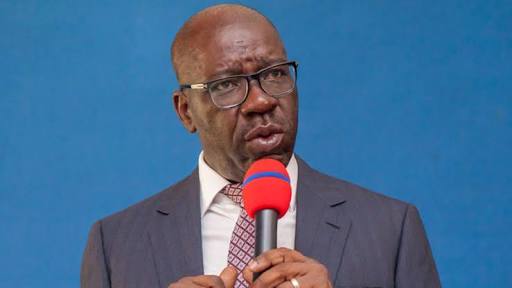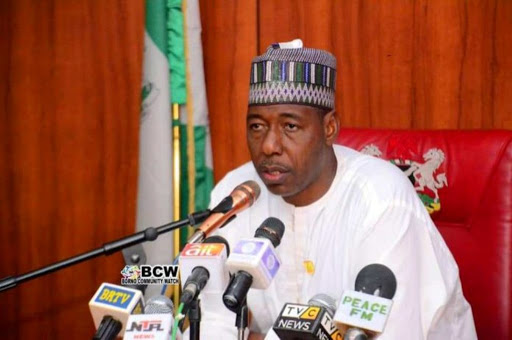By Michy Abraham in Maiduguri
World Health Organisation (WHO) on Thursday lamented that the mental health disorder cases have doubled in Boko Haram ravaged Borno State.
WHO said this while handing over a renovated psychiatric hospital to the Borno state government.
According to the organisation, the hospital was built in 1976 with 48 bed capacity and had served parts of Northeast Nigeria, Cameroon, Niger and Chad.
WHO’s Public Health Officer, Emergency Programme, Northeast, Dr. Henry Okoro-Nwanja, said: ”The rate of common mental health disorders has doubled to as much as 20% comparatively; because of violent conflict in the state, violence and loss of loved ones, livelihoods, increasing poverty, discrimination, food insecurity are common in emergencies, these can increase the risk of developing mental health conditions.
Okoro-Nwanja, while stating that: “People with severe mental disorders are particularly vulnerable,” lamented that most of the affected population in the state would continue to suffer from a wide range of mental disorders even after the emergency and acute trauma phase is over.
He however advised the state government to scale up mental health interventions to meet urgent needs.
The psychiatrist while decrying the overstretched psychiatric facilities in Borno State, noted: “The capacity of Federal Neuropsychiatric Hospital which serves the entire North East is overstretched in response, and WHO has been supporting the clinical management and referral of mental health cases from communities and primary healthcare facilities through the Mental Health Gap Action Programme (MhGAP).”
He explained that under the programme, 225 healthcare workers were trained by the global health agency from 2017 to 2020.
He said the training was to integrate mental healthcare into the primary healthcare level with State Psychiatric Hospital as a referral point.
He said this is also to enable trained health workers to commence treatment of patients with mental health disorders.
He disclosed that 26 selected primary health facilities in 14 local government areas were supported with psychotropic drugs.
He said: “We support mental healthcare outreaches being conducted in health facilities in host communities and IDP camps.”










Comments are closed.